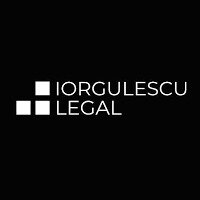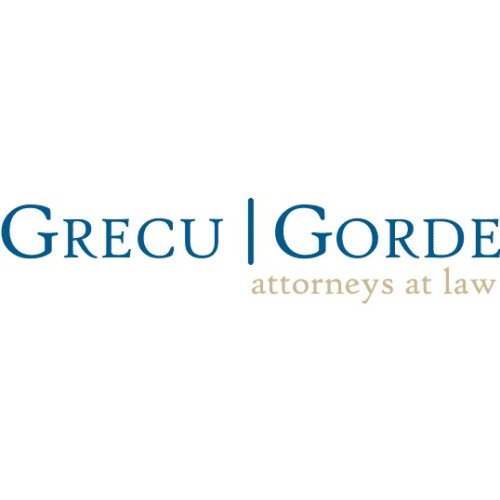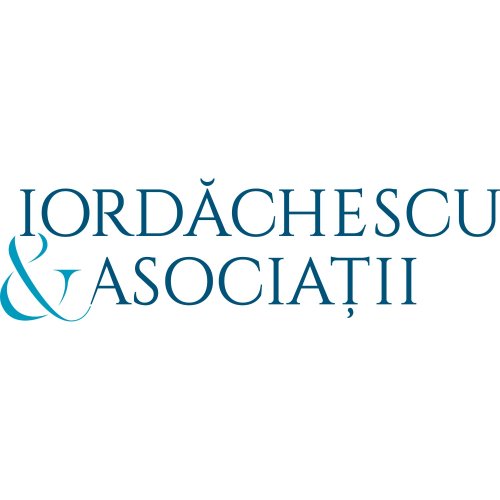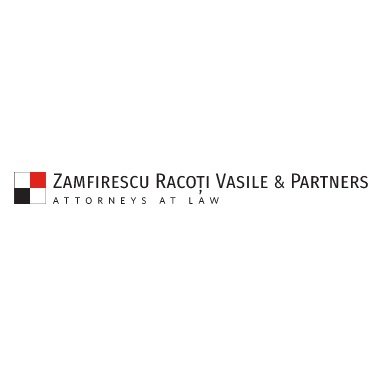Best Acquisition / Leveraged Finance Lawyers in Romania
Share your needs with us, get contacted by law firms.
Free. Takes 2 min.
Or refine your search by selecting a city:
List of the best lawyers in Romania
About Acquisition / Leveraged Finance Law in Romania
Acquisition and leveraged finance law in Romania refers to the specialized legal framework that supports business transactions where one company acquires another, often using borrowed funds. In such transactions, the acquiring company typically uses a mix of existing capital and loans to buy another company or its assets. Leveraged finance specifically involves significant use of debt to finance mergers, acquisitions, or buyouts. Romanian acquisition finance law incorporates both domestic regulations and relevant European Union directives, ensuring financial transparency and regulatory compliance for all parties involved in significant business deals.
Why You May Need a Lawyer
Seeking legal assistance in acquisition or leveraged finance transactions is vital due to the complexity and scale of such deals. Here are some common situations where professional legal help is highly recommended:
- Structuring a corporate acquisition, merger, or buyout
- Negotiating and drafting financing agreements with local or international banks
- Conducting due diligence on the target company and associated assets
- Ensuring compliance with Romanian and EU regulations
- Assessing and mitigating legal and financial risks
- Handling cross-border transactions involving Romanian entities
- Advising on the enforceability of guarantees or security packages
- Assisting in debt restructuring or refinancing during or after an acquisition
- Resolving disputes arising from breach of financing terms or representations
A specialized lawyer ensures your transaction proceeds smoothly, all legal requirements are satisfied, and your interests are protected at every step.
Local Laws Overview
Romanian acquisition and leveraged finance transactions operate within a legal landscape influenced by both national legislation and EU standards. Key aspects include:
- Corporate Law: The Romanian Companies Law regulates the incorporation, operation, and restructuring of corporate entities. It outlines procedures for mergers, acquisitions, and corporate governance.
- Banking and Finance Legislation: The Romanian National Bank regulates credit institutions involved in providing acquisition finance, ensuring compliance with capital adequacy, reporting, and transparency requirements.
- Security Interests: The Civil Code establishes how security interests (such as mortgages, pledges, or assignments) can be granted to support financing. The Electronic Archive for Security Interests in Movable Property serves as the public registry for recordal of such interests.
- Competition Law: The Romanian Competition Council oversees merger control, requiring certain transactions to obtain clearance to prevent anti-competitive consolidations of businesses.
- Insolvency Regulations: The Insolvency Law impacts leveraged finance by setting procedures in case of insolvency or restructuring of the debtor.
- International and EU Law: European regulations and directives can directly affect cross-border transactions, capital movements, and financial services.
Successful acquisition and leveraged finance deals in Romania require understanding this multilayered legal context and ensuring all necessary registrations, clearances, and contractual safeguards are in place.
Frequently Asked Questions
What is acquisition finance?
Acquisition finance is funding provided by banks or other creditors to facilitate the purchase of one company by another. The financing is typically secured by assets or shares of the target company.
How does leveraged finance differ from ordinary acquisition finance?
Leveraged finance involves using a higher proportion of borrowed funds relative to equity, increasing the financial leverage of the acquiring company. This can yield higher returns but also carries greater risk.
Which institutions provide acquisition and leveraged finance in Romania?
Commercial banks, international financial institutions, private equity funds, and other lenders are involved in acquisition and leveraged finance transactions, subject to regulation by the Romanian National Bank and EU authorities.
Is foreign investment allowed in Romanian acquisition finance deals?
Yes, Romania allows foreign investment and ownership, subject to certain sector-specific and national security restrictions. Cross-border financing is common, especially in larger transactions.
What legal documents are required for an acquisition finance transaction?
Typical documentation includes a loan agreement, security agreements, inter-creditor arrangements, corporate approvals, and legal opinions. Additional documents may be needed based on the structure and complexity of the transaction.
What types of security can be granted to lenders?
Lenders may obtain security over movable and immovable property, share pledges, assignment of receivables, bank accounts, and other assets. Security interests must be registered in accordance with Romanian law to be valid.
Does a transaction need competition clearance?
Many mergers and acquisitions require clearance from the Romanian Competition Council, especially if the parties involved meet specific financial thresholds or the deal could impact market competition.
How long does it take to complete an acquisition finance deal in Romania?
The timeline depends on deal complexity, due diligence outcomes, regulatory approvals, and financing negotiations. Straightforward transactions may close within several weeks, while complex or regulated deals can take several months.
Can acquisition finance be used for both share and asset deals?
Yes, acquisition finance may support both share purchases (buying another company's shares) and asset deals (buying specific business assets), each with different legal and tax considerations.
What happens if the borrower defaults on the acquisition loan?
In case of default, lenders have enforcement rights over the secured assets as outlined in the security agreements and governed by Romanian law. This may include foreclosure, asset sales, or court proceedings.
Additional Resources
Those seeking further information or support on acquisition and leveraged finance in Romania may consider the following resources:
- Romanian National Bank (BNR): The country's central banking authority, overseeing credit institutions and financial stability.
- Romanian Competition Council: The agency responsible for merger control and enforcement of competition law.
- Romanian Chamber of Commerce and Industry: Provides business advisory services and resources for investors.
- Romanian Electronic Archive for Security Interests in Movable Property (AEGRM): Registry for recording security interests in movables.
- Local law firms with expertise in banking, finance, and mergers and acquisitions, who offer professional legal advice and transaction support.
Next Steps
If you are considering or involved in an acquisition or leveraged finance transaction in Romania, here is how you can proceed:
- Identify your business objectives and financing needs
- Engage a reputable Romanian law firm with experience in acquisition and finance law
- Perform thorough due diligence on the target company or assets
- Work with your legal counsel to draft and negotiate all relevant documentation
- Obtain any required regulatory or competition clearances
- Ensure all security interests are properly registered
- Prepare for post-transaction integration or restructuring as needed
Legal guidance is critical to navigate the evolving and nuanced regulatory environment, manage risks, and ensure the transaction closes efficiently and in compliance with Romanian law.
Lawzana helps you find the best lawyers and law firms in Romania through a curated and pre-screened list of qualified legal professionals. Our platform offers rankings and detailed profiles of attorneys and law firms, allowing you to compare based on practice areas, including Acquisition / Leveraged Finance, experience, and client feedback.
Each profile includes a description of the firm's areas of practice, client reviews, team members and partners, year of establishment, spoken languages, office locations, contact information, social media presence, and any published articles or resources. Most firms on our platform speak English and are experienced in both local and international legal matters.
Get a quote from top-rated law firms in Romania — quickly, securely, and without unnecessary hassle.
Disclaimer:
The information provided on this page is for general informational purposes only and does not constitute legal advice. While we strive to ensure the accuracy and relevance of the content, legal information may change over time, and interpretations of the law can vary. You should always consult with a qualified legal professional for advice specific to your situation.
We disclaim all liability for actions taken or not taken based on the content of this page. If you believe any information is incorrect or outdated, please contact us, and we will review and update it where appropriate.
Browse acquisition / leveraged finance law firms by city in Romania
Refine your search by selecting a city.

















